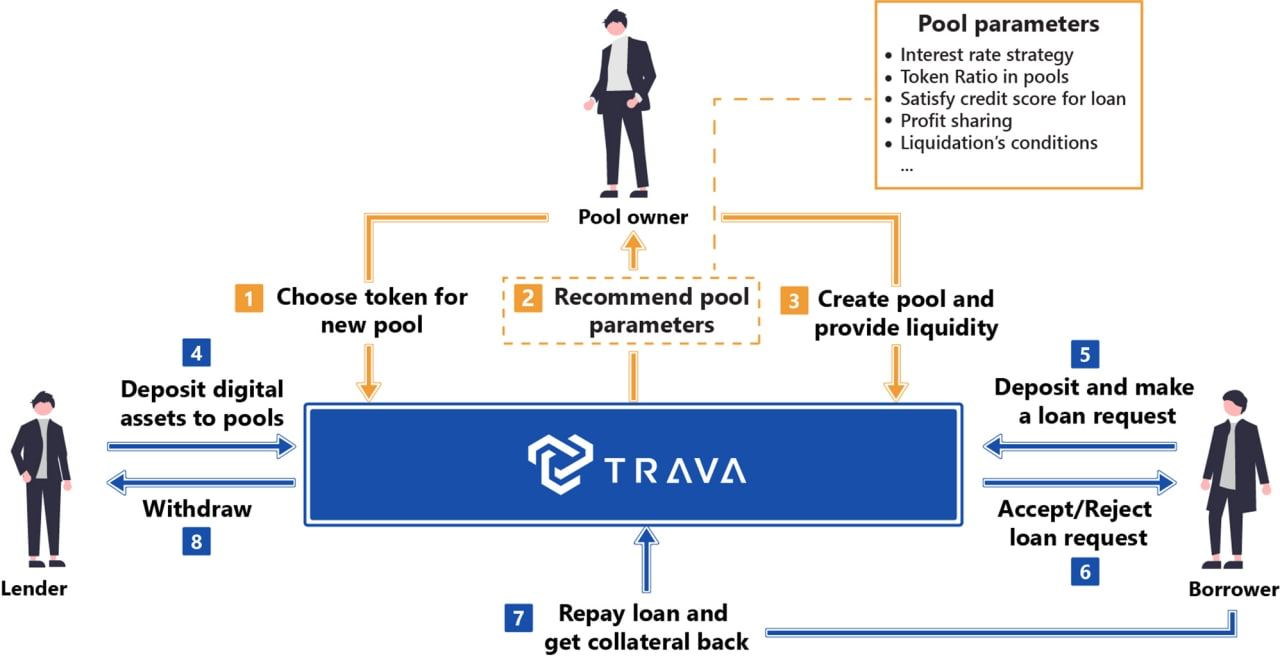Unlocking Business Potential: How a Shareholder Loan Can Transform Your Company’s Financial Strategy
Guide or Summary:Understanding Shareholder LoansThe Benefits of Shareholder LoansStrategic Use of Shareholder LoansTax Implications of Shareholder LoansPote……
Guide or Summary:
- Understanding Shareholder Loans
- The Benefits of Shareholder Loans
- Strategic Use of Shareholder Loans
- Tax Implications of Shareholder Loans
- Potential Risks and Considerations
- Conclusion: The Power of Shareholder Loans
Understanding Shareholder Loans
A shareholder loan is a financial arrangement where a shareholder lends money to their own company, providing a flexible and often advantageous source of funding. This type of loan can be a game-changer for businesses, especially small to medium-sized enterprises (SMEs) that might struggle to secure traditional financing from banks or other financial institutions. By leveraging shareholder loans, companies can access immediate capital to invest in growth opportunities, manage cash flow, or navigate through challenging economic times.
The Benefits of Shareholder Loans
One of the primary advantages of shareholder loans is the flexibility they offer. Unlike conventional loans, which come with strict repayment terms and interest rates, shareholder loans can be tailored to fit the specific needs of the business. This means that repayment schedules can be adjusted based on the company's cash flow, allowing for a more manageable financial strategy.

Additionally, shareholder loans often come with lower interest rates compared to market rates. This can significantly reduce the cost of borrowing for the company, freeing up more capital for operational expenses or investment in growth initiatives. Furthermore, because the funds are coming from a shareholder, there is often a greater willingness to negotiate terms that are beneficial for both parties.
Strategic Use of Shareholder Loans
Businesses can utilize shareholder loans in various strategic ways. For instance, if a company is looking to expand its operations, a shareholder loan can provide the necessary capital to purchase new equipment, hire additional staff, or invest in marketing campaigns. This can lead to increased revenue and profitability, ultimately benefiting the shareholder as well.
Moreover, shareholder loans can be an effective tool for managing cash flow. In times of financial strain, such as during seasonal downturns or unexpected expenses, a shareholder loan can provide the necessary liquidity to keep the business afloat. This can prevent the company from having to resort to more expensive forms of financing or, worse, facing insolvency.

Tax Implications of Shareholder Loans
Another critical aspect to consider is the tax implications of shareholder loans. In many jurisdictions, interest paid on shareholder loans may be tax-deductible for the company, reducing its overall tax burden. However, it is essential to structure the loan correctly to comply with tax regulations and avoid potential pitfalls, such as reclassification as dividends. Consulting with a financial advisor or tax professional is advisable to ensure that the loan is set up in a way that maximizes tax benefits while staying within legal boundaries.
Potential Risks and Considerations
While shareholder loans offer numerous benefits, they are not without risks. One significant concern is the potential for conflicts of interest. If a shareholder is also a key decision-maker in the company, their personal financial interests may conflict with the best interests of the business. This could lead to decisions that prioritize short-term gains over long-term sustainability.
Additionally, relying too heavily on shareholder loans can create a precarious financial situation. If the company becomes overly dependent on loans from shareholders, it may struggle to attract external investment or secure traditional financing in the future. Therefore, it is crucial for businesses to maintain a balanced approach to financing, using shareholder loans as one of several tools in their financial strategy.

Conclusion: The Power of Shareholder Loans
In summary, shareholder loans can be a powerful financial tool for businesses looking to enhance their financial flexibility and drive growth. By understanding the benefits, strategic uses, tax implications, and potential risks associated with these loans, companies can make informed decisions that align with their long-term goals. For shareholders, providing a loan to their company can not only support its success but also yield financial returns that benefit them in the long run. Embracing the potential of shareholder loans can indeed transform a company's financial strategy and pave the way for future success.